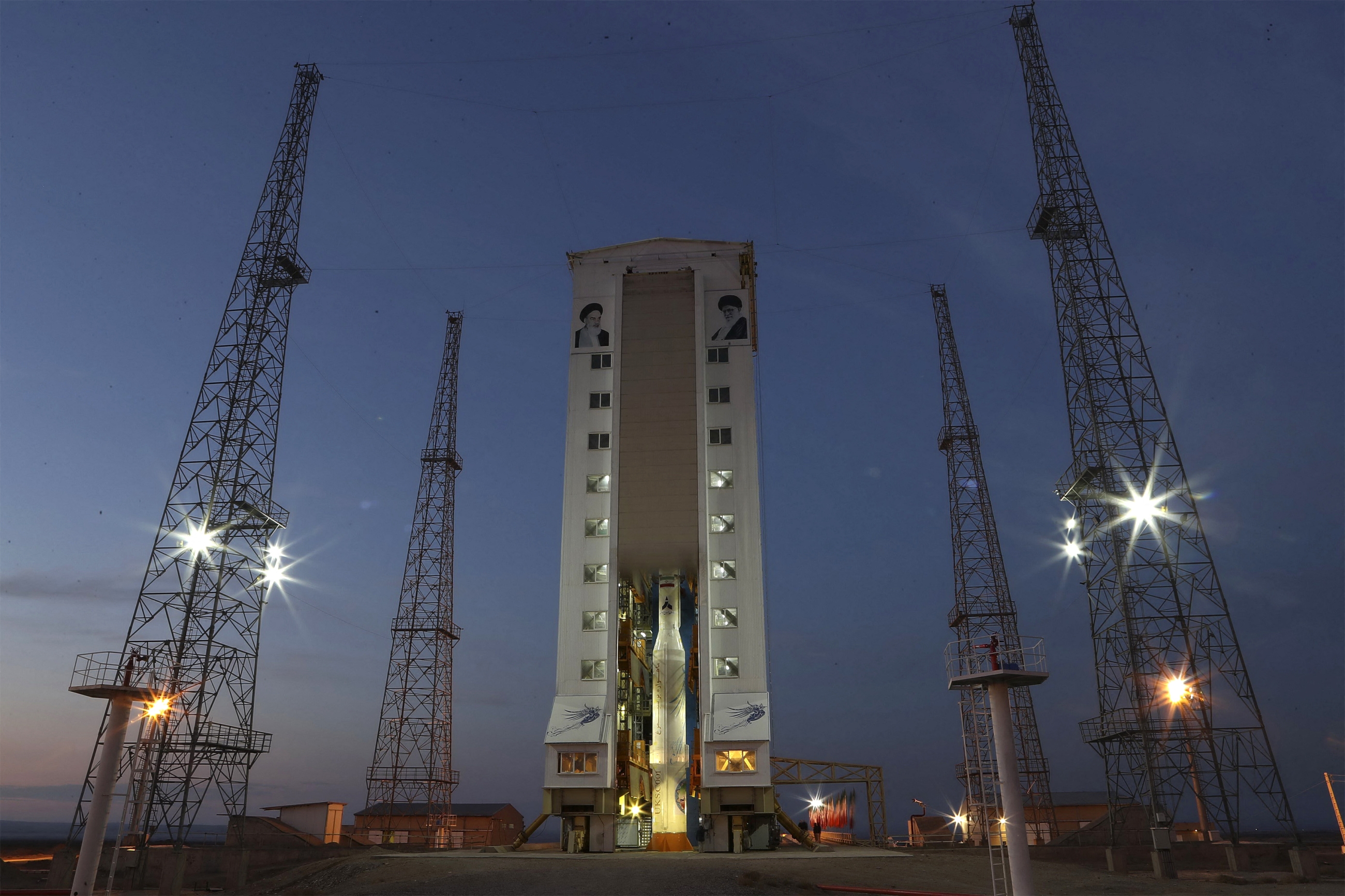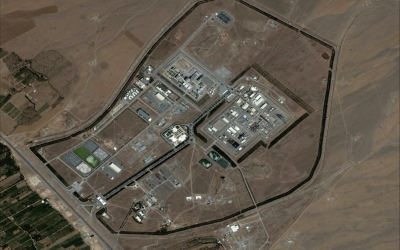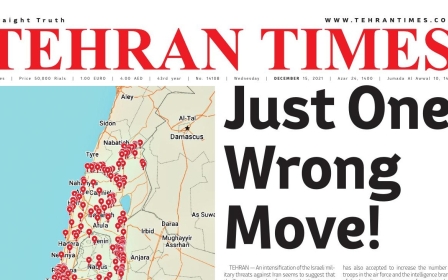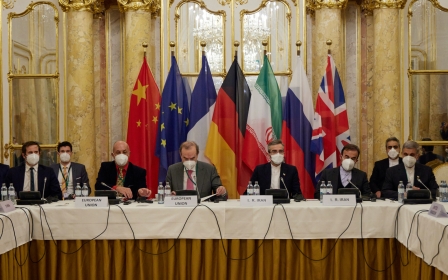Iran's space launch fails to send satellite into orbit

Iran's launch of a satellite carrier rocket failed to put its payload into orbit after the rocket was unable to reach the required speed, a defence ministry spokesman said in remarks reported on state television on Friday.
The launch on 30 December was widely condemned by western countries engaged in high-stakes talks with Tehran designed to curtail its nuclear programme.
On Friday, France condemned the rocket launch, calling it "all the more regrettable," as the countries had finally begun to show some progress in the negotiations in Vienna.
The launch was designed to put three research devices into space, but western countries are concerned such activities could be used as a cover to develop Iran's ability to launch a ballistic missile with a nuclear warhead.
"Due to the close proximity of the technologies used for space launches and ballistic fire, this launch directly contributes to Iran's already worrying progress in its ballistic missile program. The role of the Ministry of Defense in this launch bears witness to the close link between these two programs," France’s foreign ministry said in a press release.
"This launch also follows the firing of ballistic missiles on December 24."
UN Security Council Resolution 2231 "calls on Iran not to carry out activities related to ballistic missiles designed to be capable of carrying nuclear weapons," the ministry added.
Iran has long pushed back against claims that its space programme is being used to develop ballistic missile capabilities. It also denies such launches are in violation of United Nations resolutions.
Iranian foreign ministry spokesperson Ahmad Hosseini said Thursday's missile didn't reach the threshold speed at which its payload, in this case a satellite, could be sent into orbit, Reuters reported.
The country has indicated it would conduct more tests to put satellites into orbit and has pushed back against western criticism, saying its space programme was the "inalienable right of the Iranian people".
Middle East Eye delivers independent and unrivalled coverage and analysis of the Middle East, North Africa and beyond. To learn more about republishing this content and the associated fees, please fill out this form. More about MEE can be found here.





